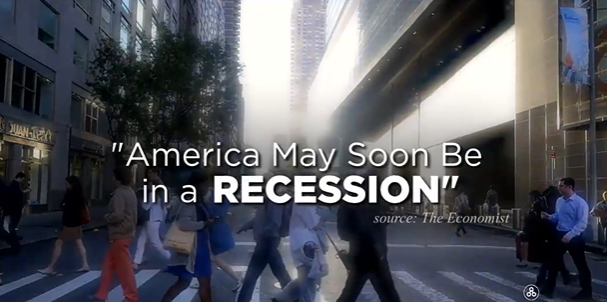The recent Trump campaign ad titled Make America Great Again has raised eyebrows for its choice of imagery and messaging, which appears to be stuck in an economic time warp from the past. The ad features scenes of manufacturing plants and workers engaged in traditional blue-collar jobs, reminiscent of a bygone industrial era. While appealing to sentiments of nostalgia and a desire to revive American manufacturing, the ad fails to acknowledge the current economic landscape and the realities of today’s globalized economy.
One of the key themes of the ad is the promise to bring back manufacturing jobs to America, echoing President Trump’s campaign platform in 2016. The ad showcases images of American workers in hard hats and welding masks, seemingly touting a return to the glory days of manufacturing dominance. However, the reality is that the nature of manufacturing has changed significantly over the years, with automation and technological advancements reshaping the industry. While it is true that there has been some resurgence in American manufacturing under the Trump administration, it is not feasible to completely turn back the clock to a time when manufacturing was the primary driver of the economy.
Furthermore, the ad fails to address the broader shift towards a knowledge-based economy, where industries such as technology, healthcare, and finance play a more significant role. The current economic landscape is characterized by a growing reliance on innovation, creativity, and digital skills, rather than traditional manufacturing prowess. In order to compete in the global marketplace and secure long-term economic growth, the U.S. must invest in education, training, and research and development to foster innovation and entrepreneurship.
Another glaring oversight in the ad is the lack of acknowledgment of the impact of globalization on the American economy. In today’s interconnected world, companies operate on a global scale, sourcing materials and selling goods and services internationally. Protectionist policies that prioritize domestic manufacturing over international trade can have unintended consequences, such as higher prices for consumers and reduced competitiveness for American businesses. While it is important to support American workers and industries, it is equally important to recognize the benefits of a globalized economy and seek ways to leverage international markets for economic growth.
Overall, the Trump campaign ad Make America Great Again is a reflection of a nostalgic view of the American economy that is out of touch with the modern realities of globalization, technological innovation, and the shift towards a knowledge-based economy. While appealing to sentiments of patriotism and a longing for a return to past prosperity, the ad falls short in addressing the complexities of today’s economic landscape and the need for forward-thinking policies to ensure future growth and prosperity.

